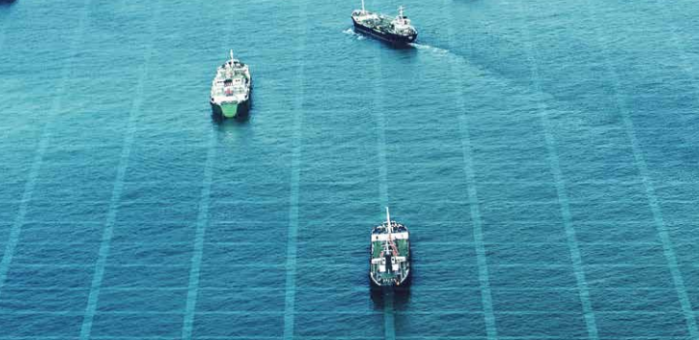The Contact Group on Piracy off the Coast of Somalia (CGPCS) agreed last month to change its name to the Contact Group on Illicit Maritime Activities in the Western Indian Ocean, after it was decided that piracy off the coast of Somalia was now virtually non-existent.
The choice for the CGPCS waseither to disband itself or find something else to do. The CGPCS was created in 2009 after a UN resolution to coordinate political, military, industry and non-governmental efforts to end piracy along the Somali coast. The Contact Group has over 80 member organizations, drawn from governments, NGOs and shipping companies.
CGPCS members held their 24th Plenary Session in Kenya in January with the main question being whether it was time for CGPCS to fold up. Some members, keen to keep the operation going, noted that, although Somali piracy was on the decline, the rise in illegal, unreported and unregulated fishing and drug trafficking (IUU) still posed considerable potential for another wave of maritime insecurity within the Western Indian Ocean seaboard.
In addition, the insurgency in Northern Mozambique was referred to as a matter of concern for the marine sector. However, it was also noted the CGPCS was not created as an ongoing operation to deal with whatever happened to be the current problem. It was created solely with an anti-piracy mandate.
At the last CGPCS meeting a report prepared by the Republic of Seychelles, the chair of CGPCS’s Strategic Planning and Steering Working Group, entailed a proposal on how to develop a new strategic vision that aligned with emerging threats within the broader Western Indian Ocean region.






























































